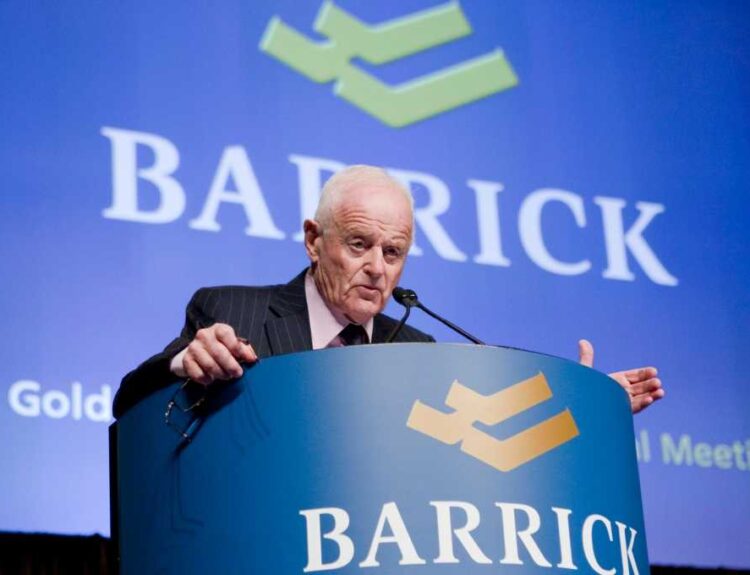Expectations for lower interest rates fade as inflation remains higher than expected
- Investors and Fed officials are rethinking whether rate cuts will be appropriate this year
- Inflation has been proving stickier than expected
- Growth has been more resilient than expected
- Figures for inflation in January and February are likely to be revised higher
- Markets now anticipate fewer rate cuts this year
- Bond investors sold U.S. Treasurys, pushing yields on the benchmark 10-year note higher
- Fed Chair Jerome Powell acknowledged that firmer inflation has pushed back the timetable for rate cuts
- Some Fed officials are concerned about leaving rates too high for too long
- The Fed’s inflation fight becomes harder this year
Investors and Federal Reserve policymakers are reconsidering their expectations for interest-rate cuts as inflation continues to prove stickier than anticipated. Despite initial hopes for lower inflation allowing rate cuts to begin this summer, recent data from the Commerce Department has shown that inflation has remained firm for the past three months. This trend, along with stronger-than-expected growth, has led to a reevaluation of the outlook for the Fed. Market expectations for rate cuts have decreased, with some analysts now projecting only one cut this year. Bond investors have responded by selling U.S. Treasurys, pushing yields higher. Fed Chair Jerome Powell has acknowledged that firmer inflation has delayed the timetable for rate cuts. Some Fed officials are concerned about leaving rates too high for too long and causing harm to the labor market. Overall, the Fed’s inflation fight is becoming more challenging this year.
Factuality Level: 7
Factuality Justification: The article provides a detailed analysis of the recent economic data and its impact on the Federal Reserve’s interest rate decisions. It includes quotes from Fed officials and analysts, as well as data on inflation and economic growth. The information presented is based on factual data and expert opinions, without significant bias or misleading information.
Noise Level: 3
Noise Justification: The article provides a detailed analysis of the recent economic data, specifically focusing on inflation and its impact on Federal Reserve policy. It includes quotes from Fed officials and analysts, as well as data from the Commerce Department. The article stays on topic and supports its claims with evidence and examples. However, it contains some repetitive information and could benefit from more diverse perspectives.
Financial Relevance: Yes
Financial Markets Impacted: The article discusses the impact of inflation data on investors and Federal Reserve policymakers, which could influence interest rate decisions and potentially impact financial markets.
Presence Of Extreme Event: No
Nature Of Extreme Event: No
Impact Rating Of The Extreme Event: No
Rating Justification: The article primarily focuses on the impact of inflation data on interest rate decisions and financial markets. There is no mention of any extreme events.
Key People: Jerome Powell (Fed Chair), Austan Goolsbee (Chicago Fed President), Omair Sharif (Founder of research firm Inflation Insights)
 www.wsj.com
www.wsj.com 





